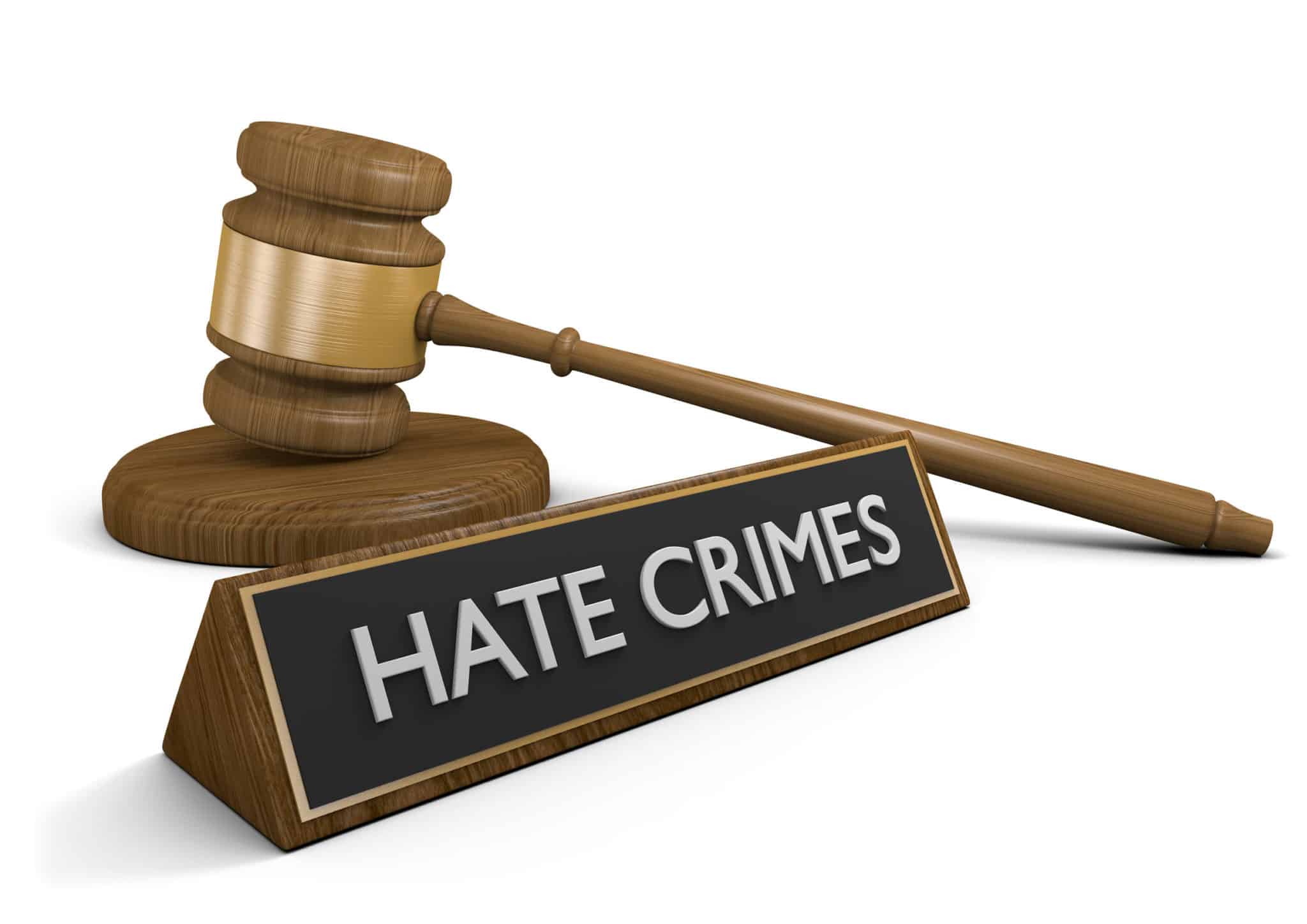Hate crimes unfortunately have become a fixture in the United States – and there does not appear to be an immediate law enforcement remedy to the escalating numbers. President Biden’s Justice Department, however, has announced a hard-line stance in the prosecution of these crimes.
A Texas man recently was sentenced to 280 months for committing violent federal hate crimes. The court determined that he was targeting gay users on a dating app so that he could perpetrate crimes, including hate crimes, against them. He admitted to the crimes, and the sentencing evidence showed he targeted chosen men based on his perception of their sexual orientation – which is why these crimes became hate crimes.
What are hate crimes, and how are they prosecuted? Read on to find out.
What Is a Hate Crime?
Hate crimes, in Texas and on a federal level, are crimes that are perpetrated due to certain characteristics of the victim. In the state of Texas, a crime is a hate crime when the victim is targeted due to their:
- Race
- Sexuality
- Color
- Gender
- Disability
- Age
- National origin
- Religion
The Federal Bureau of Investigation considers a crime a hate crime if it’s motivated by a person’s status, such as committing assault against someone because of their religion or sexual preference. Hate crimes can result in much harsher penalties if found guilty.
A crime becomes a hate crime in Texas when it’s clear the motivation of the crime was prejudice or hatred toward an individual based on their status. It must be shown that the person who committed the crime did so because of the victim’s status and their perceived distaste or hate of that status.
Penalties for Hate Crimes in Texas
In Texas, anyone convicted of a crime motivated by the factors listed above will face a hate crime sentence enhancer. If an offense is committed and found to fall under the definition of a hate crime, then that pushes the penalty level by up to one degree.
When Does a Hate Crime Become Federal?
Hate crimes in certain circumstances are handled by federal courts. Numerous federal laws deal with hate crimes and certain circumstances can influence whether the federal government elects to prosecute or let the state handle it.
Federal Penalties for Hate Crimes
If the federal government does choose to take on a case, then penalties will apply if the defendant is found guilty. Anyone who perpetrates a hate crime and causes bodily injury, or attempts to, because of someone’s face, sexuality, disability, gender, ethnicity, or religion can receive up to 10 years in federal prison – and also be made to pay fines.
If the crime included death, attempted murder, kidnapping, aggravated sexual abuse, or an attempt of aggravated sexual abuse, then the defendant can go to prison for life.
If you’re accused of a hate crime, especially in federal court, it’s very serious. It can potentially lead to years behind bars in a federal penitentiary, which is why it’s vital to understand in detail the charges against you as well as the penalties that can be faced if you are found guilty.
Remember, you are innocent until proven guilty and entitled to a robust defense in your case. Hopefully, mounting one can keep the charges against you to a minimum.





